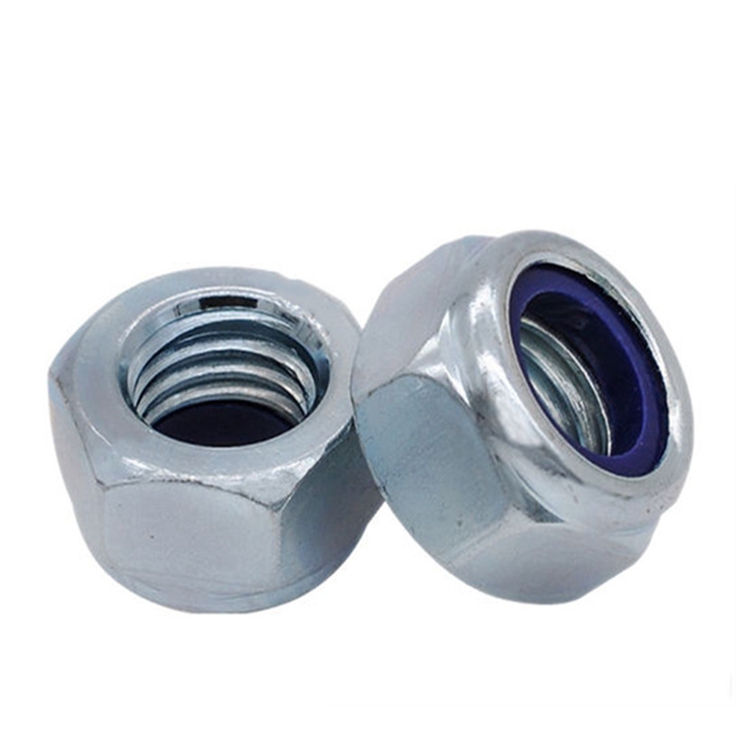stud bolt m20x150 exporters
Nov . 05, 2024 17:42 Back to list
stud bolt m20x150 exporters
The Significance of Stud Bolt M20x150 in International Trade
In the realm of industrial fasteners, stud bolts play a pivotal role in various applications, ranging from construction to manufacturing. Among these, the M20x150 stud bolt has gained considerable attention for its versatility and reliability. This article delves into the intricacies of M20x150 stud bolt exporters, the market demand for this particular size, and the factors influencing its trade across the globe.
Understanding the M20x150 Stud Bolt
The designation M20x150 refers to a metric stud bolt characterized by a nominal diameter of 20 millimeters and a length of 150 millimeters. These dimensions indicate a robust fastener capable of withstanding significant loads, making it suitable for high-stress environments. Typically crafted from high-strength materials such as carbon steel or stainless steel, M20x150 stud bolts are extensively used in industries ranging from construction, automotive, and manufacturing to oil and gas.
The thread pitch of the M20 stud bolt is 2.5 mm, complying with international standards such as ISO 965. This adherence to precision ensures that these fasteners fit seamlessly into compatible components, enhancing structural integrity and safety.
Market Demand and Export Trends
The demand for M20x150 stud bolts is witnessing a steady increase driven by several factors. The rapid growth of infrastructure projects worldwide has led to a surge in the need for high-quality fasteners. Construction, particularly in emerging economies, has become a major consumer of stud bolts as builders seek durable and reliable materials to ensure the stability of their structures.
Exporters of M20x150 stud bolts play a crucial role in meeting this demand. Countries with developed manufacturing sectors, such as China, India, and Germany, are leading the way in production and exportation. They supply both domestic and international markets with high-quality fasteners, meeting various industry standards. Competitive pricing, coupled with the ability to produce in bulk, makes these exporters key players in the global market.
stud bolt m20x150 exporters

Factors Influencing Export Prices
Several factors impact the export prices of M20x150 stud bolts. First, the cost of raw materials is a significant contributor. Fluctuations in steel prices, influenced by global demand and supply chains, can lead to variations in pricing. Additionally, transportation costs, tariffs, and trade agreements also affect the final price at which these fasteners are exported.
Moreover, the quality of the stud bolts can differentiate exporters in a competitive marketplace. Exporters who invest in advanced manufacturing techniques and quality control processes can often command higher prices, as customers prioritize reliability and durability in their purchases.
The Role of Technology in Exporting
As the industry adapts to the digital age, technology is becoming increasingly integral to the trade of stud bolts. Online marketplaces and digital platforms enable exporters to reach a global audience, streamlining the purchasing process for buyers. Furthermore, advancements in manufacturing technologies, such as automation and precision machining, enhance production efficiency and reduce lead times, ultimately benefitting international trade.
Conclusion
In conclusion, M20x150 stud bolts are vital components in various industries, contributing significantly to the structural integrity of many projects across the globe. The role of exporters in this domain is paramount, ensuring that quality fasteners meet the growing global demand. As market dynamics evolve, staying abreast of trends, pricing factors, and technological advancements will be vital for exporters to maintain their competitive edge in the international market. Ultimately, the trade of M20x150 stud bolts is not just about numbers; it reflects the interconnectedness of global industries and the continuous quest for quality and reliability.
Latest news
-
High-Quality Panel Stud Bolt Reliable Panel Stud Bolt Factory & Suppliers
NewsJul.08,2025
-
High-Precision Fine Thread Locknuts Manufacturer & Supplier Custom Solutions
NewsJul.08,2025
-
PH Imperial Stud Bolt – High Strength Fasteners from Leading Supplier & Factory
NewsJul.07,2025
-
High-Quality Allen Wrench Bolts Leading Factory, Company & Suppliers
NewsJul.07,2025
-
Wholesale Ball Stud Bolt - High Quality Supplier & Factory Price Reliable Wholesale Ball Stud Bolt Company
NewsJul.06,2025
-
High-Strength Alloy Bolts Manufacturer & Supplier Quality Alloy Fasteners Factory
NewsJul.06,2025
